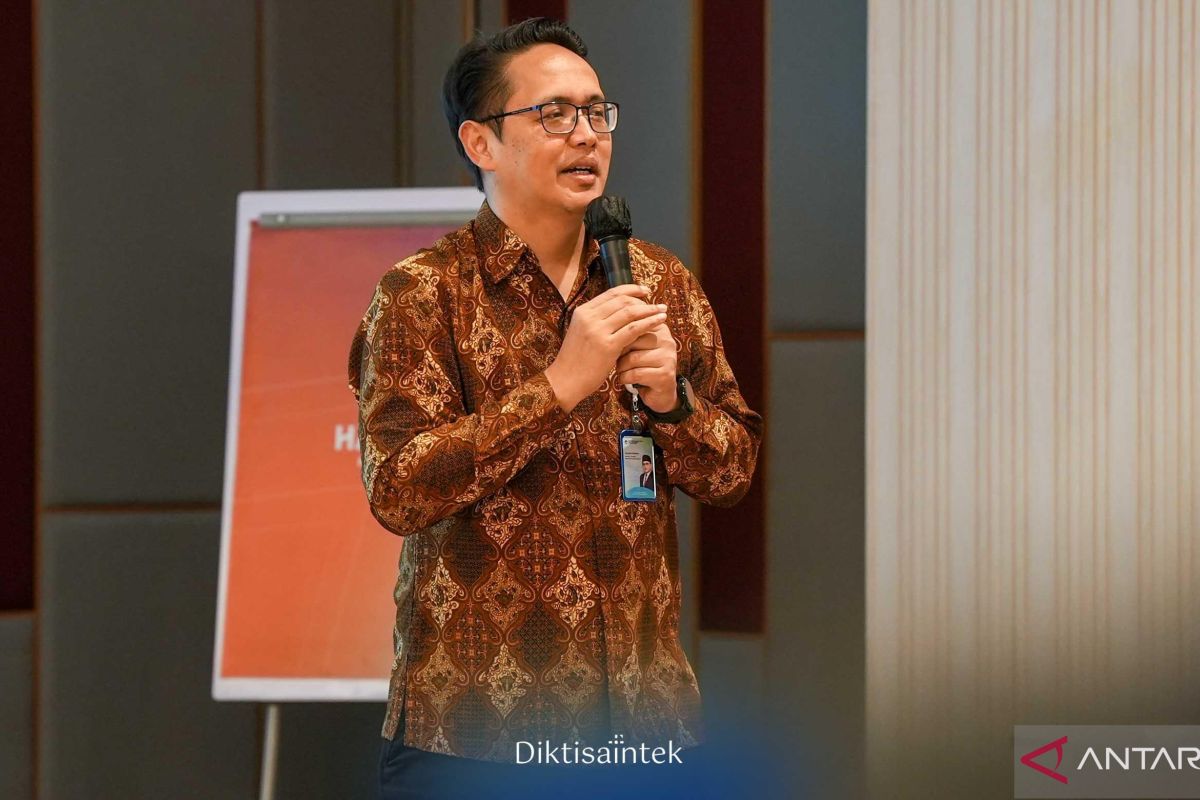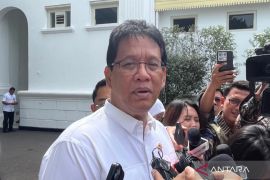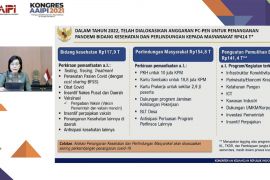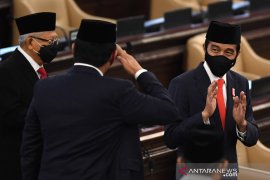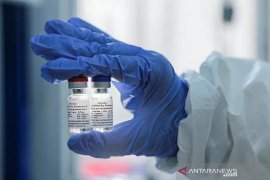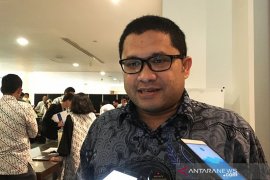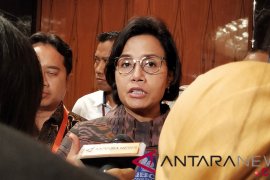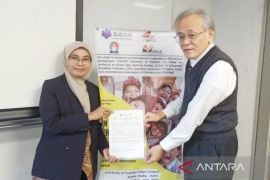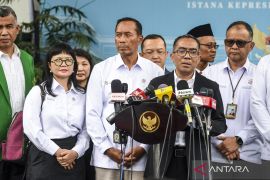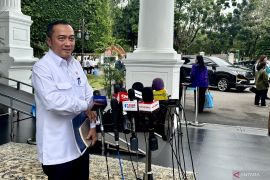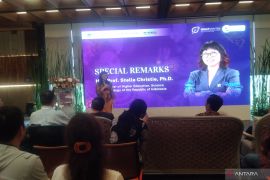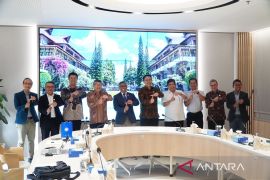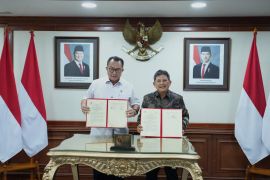The initiative promotes collaboration between universities and communities to deliver technological innovations and drive positive change, particularly in underdeveloped, frontier, and outermost (3T) regions.
“The essence of Kosabangsa is inter-university collaboration. Some focus on technological advancement, others on ensuring sustainable outcomes,” Director General of Research and Development of the ministry Fauzan Adziman said here on Friday.
The funding supports 118 proposals involving 118 implementation teams from 75 implementing universities and 46 partner institutions across 63 districts in 24 provinces.
He cited the Higher Education Consortium Program (KPT), coordinated by Brawijaya University and the University of Muhammadiyah Malang, as an example.
It addresses stunting through integrated efforts in food, health, culture, and environmental sustainability.
“The approach is no longer fragmented—it’s integrated. That’s what we aim to replicate across regions,” Adziman added.
Director of Research and Community Service I Ketut Adnyana emphasized that Kosabangsa prioritizes reducing stunting and extreme poverty, both key to sustainable regional development.
“We hope the program becomes self-sustaining within the next year or two. Universities must lead regional innovation,” he said.
Kosabangsa targets underdeveloped, disaster-prone, and high-poverty areas, including island districts such as Talaud, Siau Tagulandang Biaro, and Raja Ampat.
It also supports initiatives in the creative, green, and blue economies, as well as energy, health, and food self-sufficiency.
Related news: Indonesia prepares regulations for genetic resource benefit sharing
Related news: BRIN advocates remote sensing ecosystem to advance national welfare
Translator: Sean Filo, Resinta Sulistiyandari
Editor: Aditya Eko Sigit Wicaksono
Copyright © ANTARA 2025
